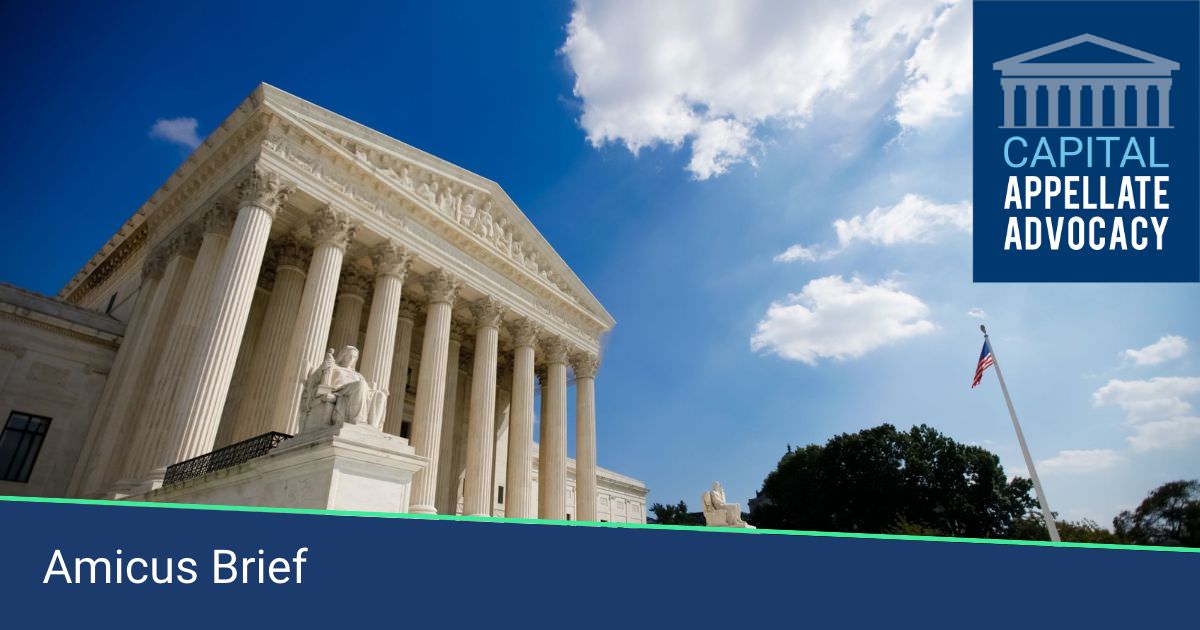ALF Urges Supreme Court To Reject “Post-Judgment Vertical Forum Shopping”
The pending certiorari petition in Hain Celestial Group, Inc. & Whole Foods Market, Inc. v. Palmquist, No. 24-724, presents an important unresolved question fundamental to ALF’s civil justice mission. ALF has filed an amicus brief urging the Supreme Court to grant review. Case Background The Fifth Circuit’s holding that the district court’s final judgment in […]
ALF Urges Supreme Court To Reject “Post-Judgment Vertical Forum Shopping” Read More »









